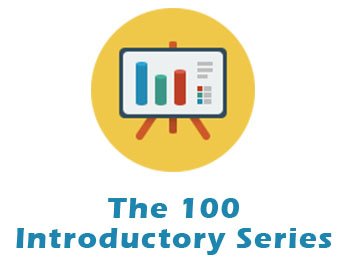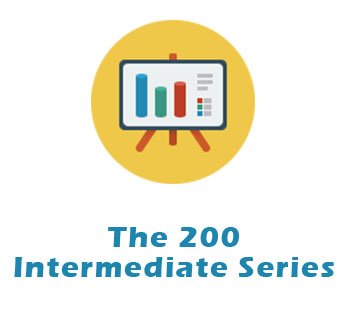The objective is to help American companies begin an export & import initiative and gain new skills and innovation in expanding their international sales. Courses are designed in 3 series to provide new or experienced exporters with the tools they need to effectively organize their export operations.
World trade organization institute Inc. is a non-profit organization formed to provide high quality, predictable and affordable export education and training to American companies. World trade organization institute Inc. works closely with the U.S. Department of Commerce and the National District Export Council, Inc. to deliver educational and training programs through 60 District Export Councils in all 50 states. World trade organization institute programs are offered exclusively by District Export Councils and have the full backing of the U.S. Commercial Service.

The objective is to help American companies begin an export & import initiative and gain new skills and innovation in expanding their international sales. Courses are designed in 3 series to provide new or experienced exporters with the tools they need to effectively organize their export operations.

The 100 Introductory Series is designed for all levels of personnel at primarily new-to-export companies seeking skills to identify and communicate with buyers, banks, logistics intermediaries, and others in developing the basis for an export transaction. Topics covered include:
The 200 Intermediate Series is designed for managers at exporting companies who are responsible for developing and fine-tuning operations to increase a firm's export volume. Topics in this series include such areas as:


The 300 Advanced Series is designed for executives responsible for developing and adjusting the strategic direction of an exporting firm. Topics in this series include such areas as: